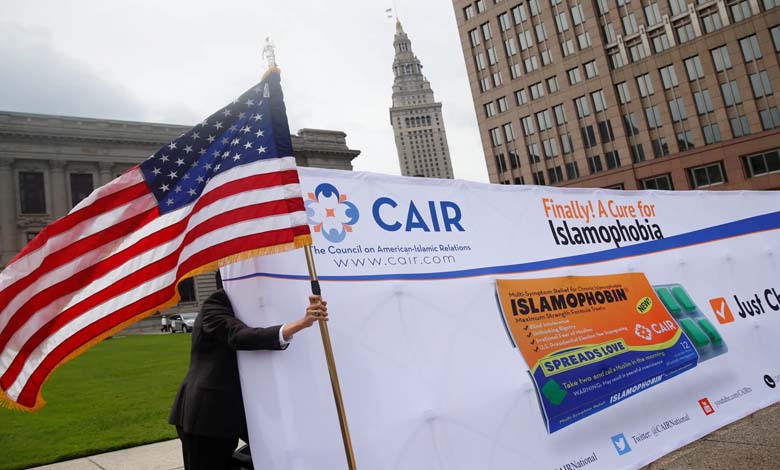Texas Between Security and Rights: Abbott’s Decision Against the Muslim Brotherhood and CAIR Opens a New Battle in the U.S.

On November 18, 2025, Texas Governor Greg Abbott took an unprecedented step by designating the Muslim Brotherhood and the Council on American-Islamic Relations (CAIR) as “terrorist and transnational criminal organizations.” In my view, this move is not merely a local legal action; it represents a specific political and security vision that challenges traditional boundaries between national security and civil organizational freedom in the United States. The decision reflects a concern about ideological influence perceived as extending beyond conventional boundaries, while raising fundamental questions about the compatibility of such measures with American constitutional principles.
-
Denial of Lineage: The Shadow of a Ban Haunts the Muslim Brotherhood in the U.S. and Europe
-
The Muslim Brotherhood and the specter of designation: a senior U.S. official calls for a decisive step
Today, I designated the Muslim Brotherhood and Council on American-Islamic Relations as foreign terrorist and transnational criminal organizations.
This bans them from buying or acquiring land in Texas and authorizes the Attorney General to sue to shut them down. pic.twitter.com/lSYvpkTmh3
— Greg Abbott (@GregAbbott_TX) November 18, 2025
I believe Abbott based his decision on the notion that the Muslim Brotherhood seeks to establish an Islamic state and that certain branches of the group are indeed linked to terrorist elements, such as the Hasm Movement or the Revolution Brigade. These arguments carry genuine security implications, but at the same time they open the door to broad interpretations that could encompass civil rights organizations like CAIR, accused of serving as a domestic front for the Brotherhood. In my view, this issue requires great caution: treating civil organizations as a direct extension of an ideological movement can create social and legal polarization and heighten tensions between authorities and the Muslim community in the United States.
-
The Muslim Brotherhood Threatens U.S. Security… a Shocking Article in Newsweek
-
U.S. Congress Moves Closer to Designating Muslim Brotherhood as Terrorist Organization
The decision highlights a deeper debate over the role of states in determining domestic security policies versus federal authority, raising questions about the legal boundaries of classifying entities based on ideological objectives rather than direct judicial evidence. From my perspective, the designation carries a stronger political message than a judicial measure grounded in concrete investigation, reflecting a shift in how Islamic-related groups and policies are managed at the state level.
Ultimately, I see Texas’ move as issuing a dual warning: a warning about the danger of ideological influence represented by Islamic movements, and a warning that security measures can sometimes exceed legal and constitutional limits if the balance between security and civil rights is not maintained. Whatever the security rationale, this decision must be viewed critically and analytically, as it establishes new standards in the relationship between the U.S. state and religious organizations and presents a real challenge to the boundaries between politics, security, and freedom of expression.
-
Historic decision: Texas designates the Muslim Brotherhood and CAIR as terrorist entities
-
The Muslim Brotherhood in Saxony… the fall of Al-Jazzar exposes the movement’s crimes
-
The Muslim Brotherhood in the UK: Ideological Expansion and a Failure to Confront It
-
Why America Needs a Thorough Investigation into the Muslim Brotherhood’s Activities












